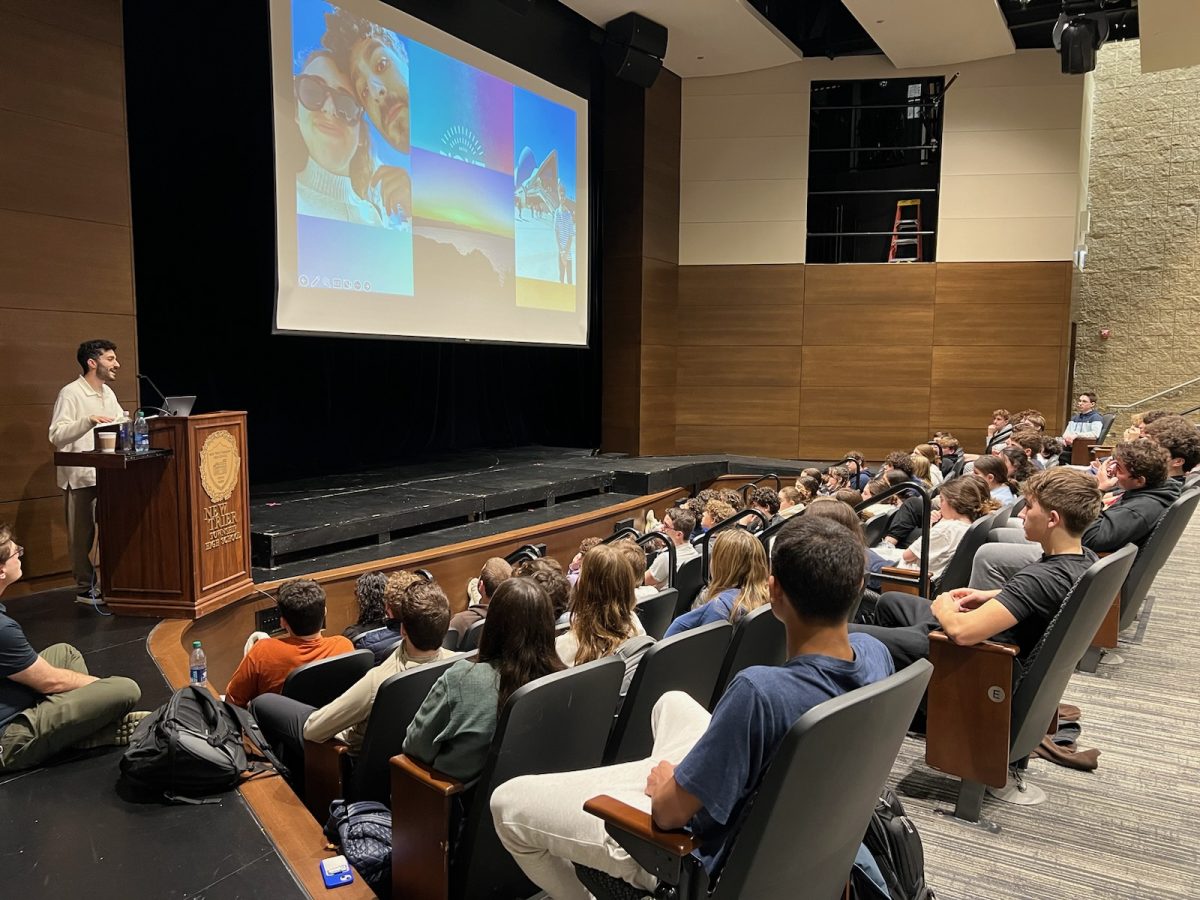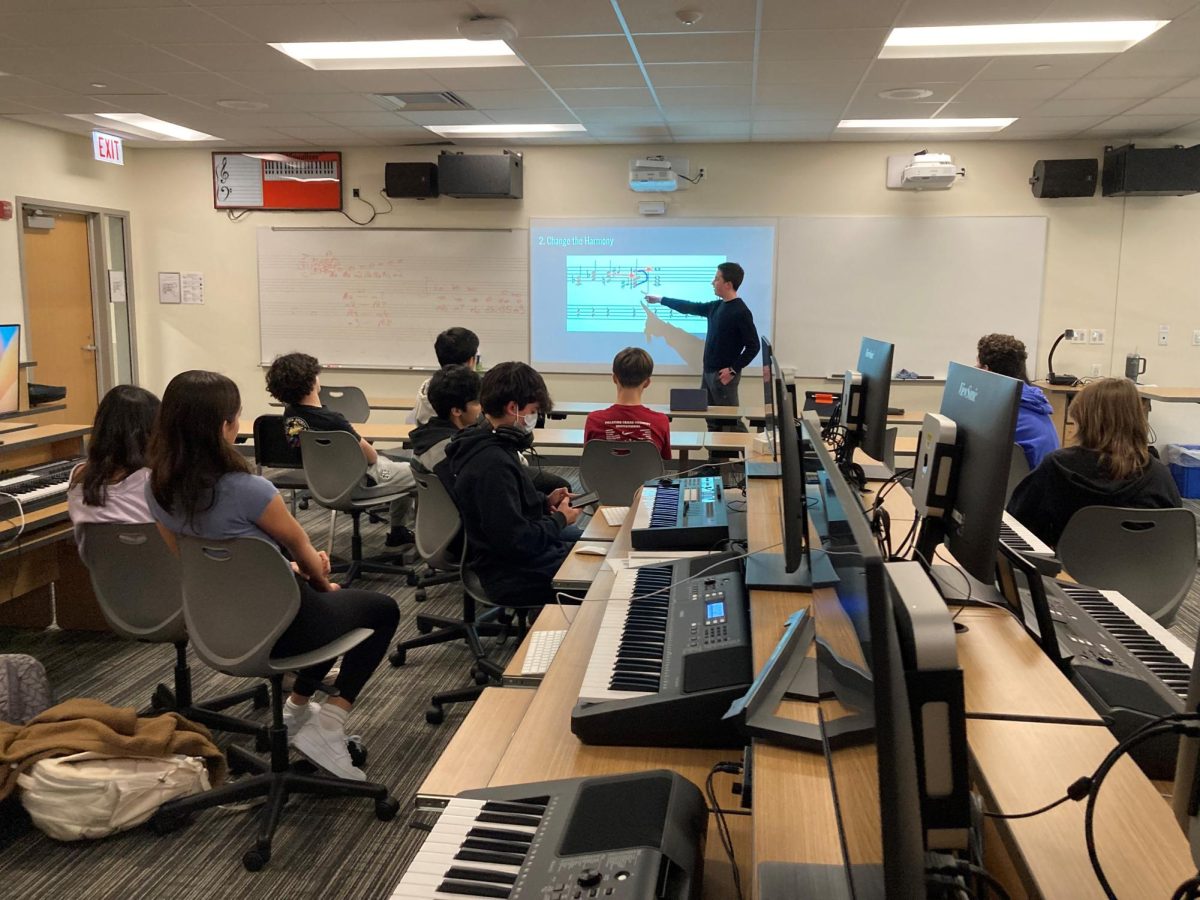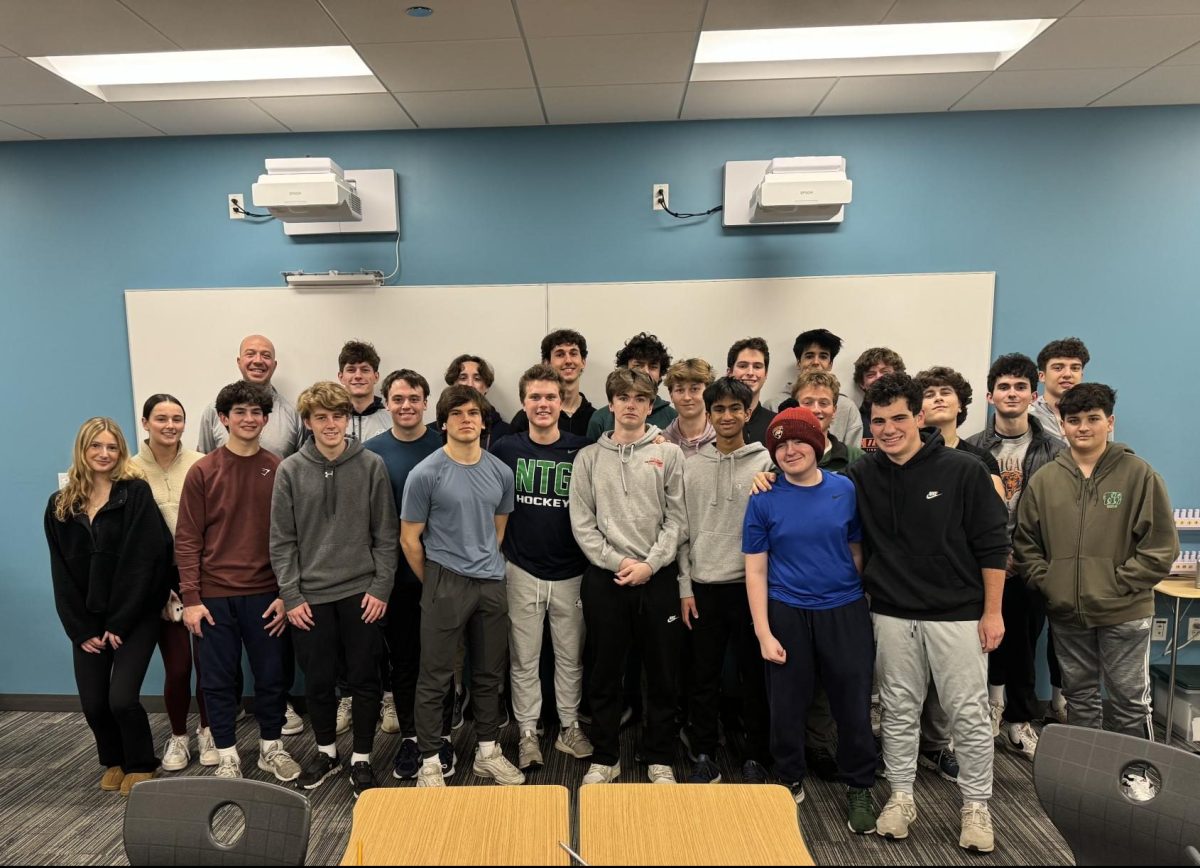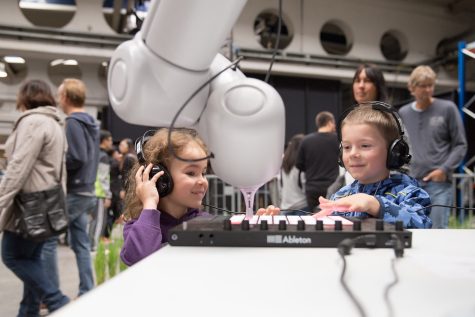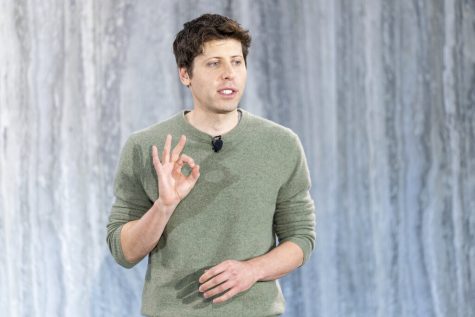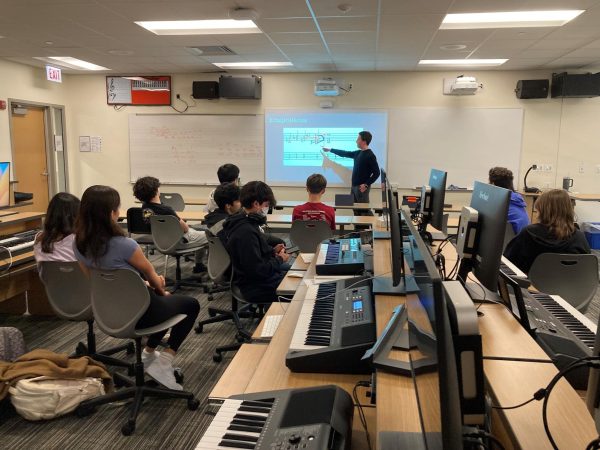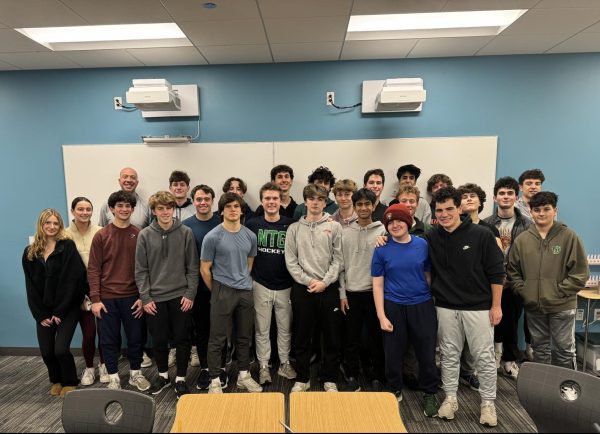Students use AI engines to practice, learn chess
High school and college students improve chess skills using AI
Online chess playing allows students to play against a human-like artificially intelligent opponent to practice and perform their abilities
Junior AJ Swoish plays on average 4 hours of online chess a week, including during his free periods at school. To analyze his games afterwards, he uses a chess engine, a computer program that analyzes chess positions and calculates the best move options.
“I use chess engines, particularly to look at how bad I screwed up afterward,” said Swoish. “I also use engines to gather data for openings beforehand to prepare against whatever my opponent is going to play against me.”
Online chess has been booming recently. According to chess.com, arguably the most popular online chess site, they gained three million users in the first month of 2023 alone, for a grand total of over ten million daily active users.
They combine a superhuman intuition of the game with massive computational power.
— David Peng
Junior Andrew Xia has logged over 200 hours programming a chess engine. His interest in chess engines began when scrolling through Youtube.
“I saw a video from a pretty avid programmer, and he made an example of a small chess engine. I was like ‘Hey, I think I can do better than that.’”
Xia explains that chess engines are made with algorithms, a set of steps for a computer program to complete a task – in an engine’s case, calculating chess moves.
“It is mainly writing an algorithm that does much the same as what a human does,” he said. “A chess engine fundamentally goes through and checks every possible move and all the opponent’s responses.”
Modern chess engines have surpassed human chess play since an IBM supercomputer named Deep Blue beat former World Chess Champion Garry Kasparov in a series of games in 1997. While some chess players use chess engines with high relative strength, or elo, to challenge their play or review their games, other chess engines called bots are tweaked to play with a lesser elo.
Bots can be developed to play like humans, such as chess.com’s Personalities, which play similarly to historical figures in and out of the chess realm at varying elos.
Junior Avery Sturm is working her way up from Personalities with an elo rating of 250 to those with a rating of over a 1000.
“I’m playing against this 1500 right now, but as soon as I beat him, I’ll move up. It’s a really nice way to challenge myself.”
Chess.com releases special Personalities monthly. For the month of March, five Personalities modeled on exceptional female historical figures under the umbrella of Women’s History Month were released, such as Jane Goodall and Malala.
“I’m not actually super excited about this month, because I wish they would’ve picked women who were more prominent in chess,” said Sturm.
Her favorite Personalities released thus far are Beth Harmon, the fictional protagonist from the Netflix show The Queen’s Gambit, and Mittens, a cat Personality released this January.
Otherwise, chess engines at the highest elo usually do not resemble human play, says New Trier alum David Peng, a junior at the University of Illinois Urbana-Champaign and an Artificial Intelligence Researcher at chess.com.
“Chess is very challenging since it requires one to have a deep understanding of the position and the ability to calculate several moves ahead,” he said. “Historically chess computers are much better at calculation than humans, but worse at positional understanding.”
Traditional chess engines, like Deep Blue, are developed by using databases of games from the world’s best chess players, which influences an engine to reach an evaluative decision on what moves are best. However, newer chess engines that use AI, such as AlphaZero, exceed humans at both calculation and positional accuracy.
“AlphaZero’s style of play is both unique and very strong, and I was fascinated studying its games,” said Peng. “They combine a superhuman intuition of the game with massive computational power.”
Peng is optimistic about the future of AI chess computers to expand human capability.
“I think chess engines have become so powerful that they are going beyond the limits of human understanding. The world’s top players are spending a lot of time trying to decode chess engines, and it will be exciting to see chess engines continue to improve human play.”




